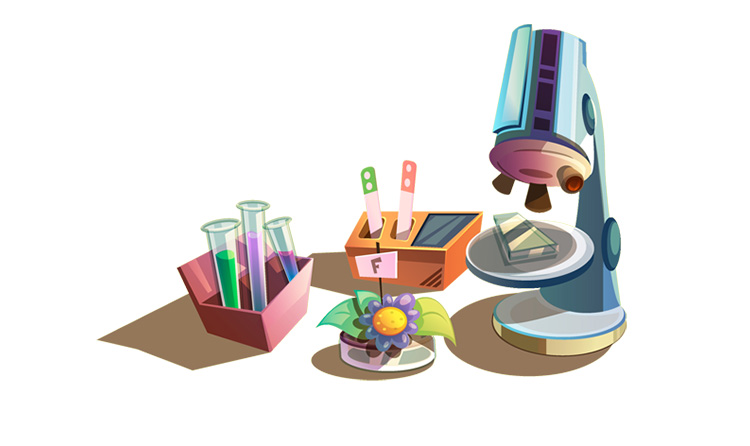ELECTROLYSIS-QN02
Distinguish between
i) Electrolytes and non – electrolytes
ii) Strong and weak electrolytes
iii) Caution and anions
-
Soln:
i) Electrolytes are compounds which when matter or in solution do conduct electronic current. WHILE. Non – electrolytes do not conduct electric current either in solution or molten state. Example of electrolytes sodium hydroxide (NaOH). Example, non-electrolyte: Sugar.
ii) Strong electrolyte is the one in which ionization is complete in solution Example: salts potassium and sodium hydroxides are completely ionized in the aqueous state. While weak electrolyte is th2 on2 whose ionization in solution containing mainly un – ionized molecules. Example Ammonia solution
NH3(g) + H2O(i) ⇌NH4+(aq) + OH -(aq)
iii) Cation are positively charged ion example Na+ , Mg2+, Cu2+. While Anions are negatively charged ion Example; Cl-, f- .

More questions
CHEMISTRY questions are much EASIER when you clear understand the concept. Smart Darasa provides space for teachers to contribute concepts and questions solutions in fun and interactive way.
Prepared By:
Sir Mahame
Biology & Chemistry teacher,
Mapambano Education Center | Mwenge | DSM.
Contacts: +255 757 609 664 | +255 655 619 664
Send Your CHEMISTRY Question
Are you a STUDENT | PARENT | TEACHER, Send your CHEMISTRY question for FREE and we will get back to you with the solution or relavant link with similar question. We receive questions every day from 08:00hrs to 16:00 EAT. Depend on volume of questions, we send solutions the same day from 18:00hrs to 20:00hrs EAT or later next day.